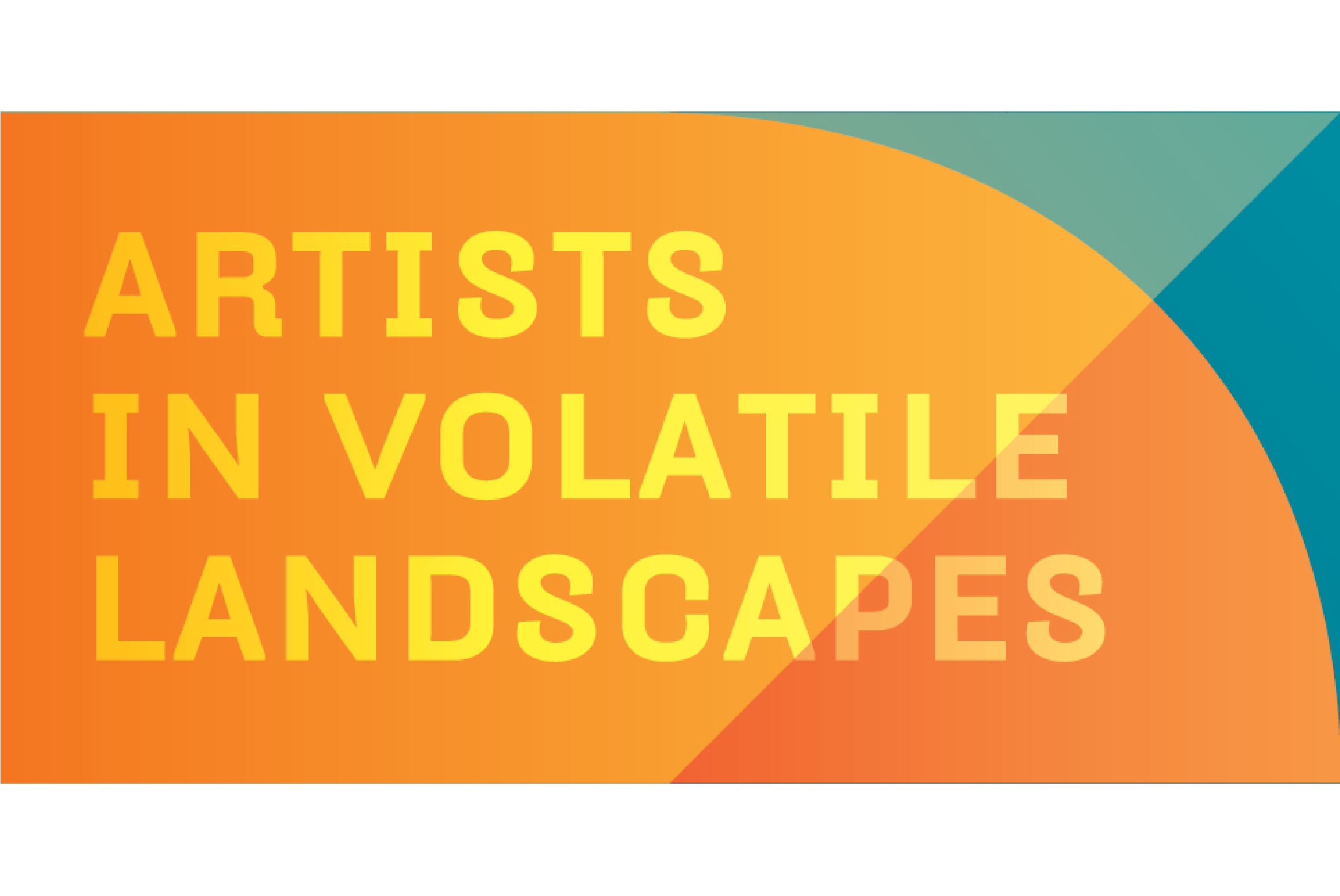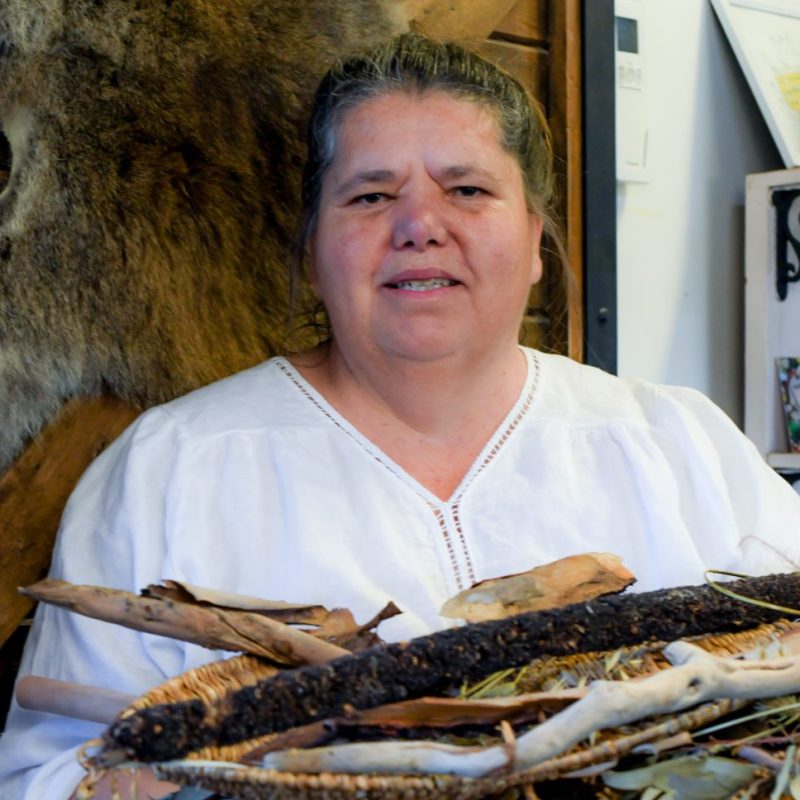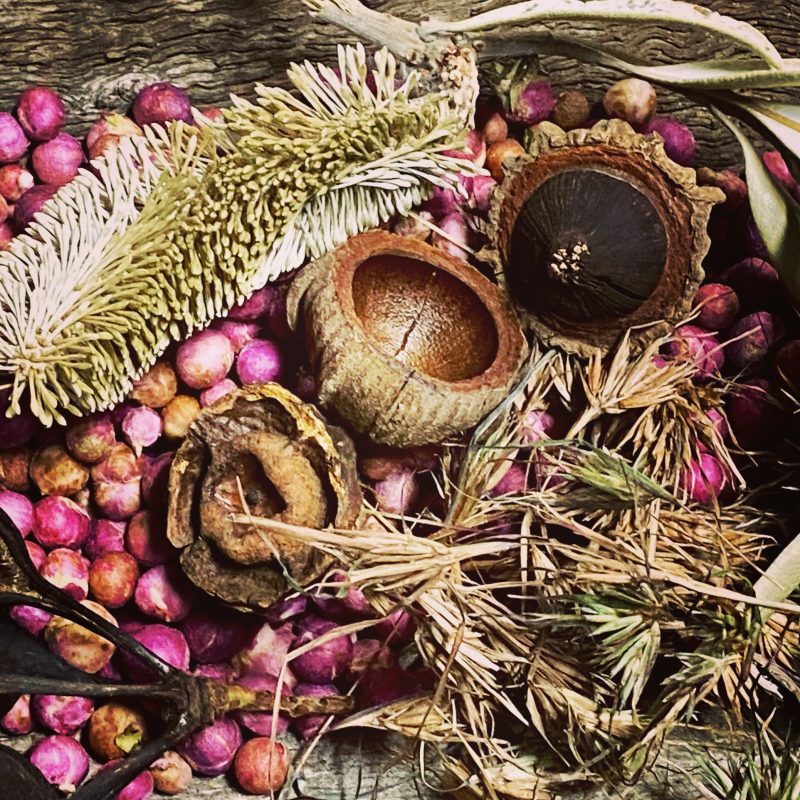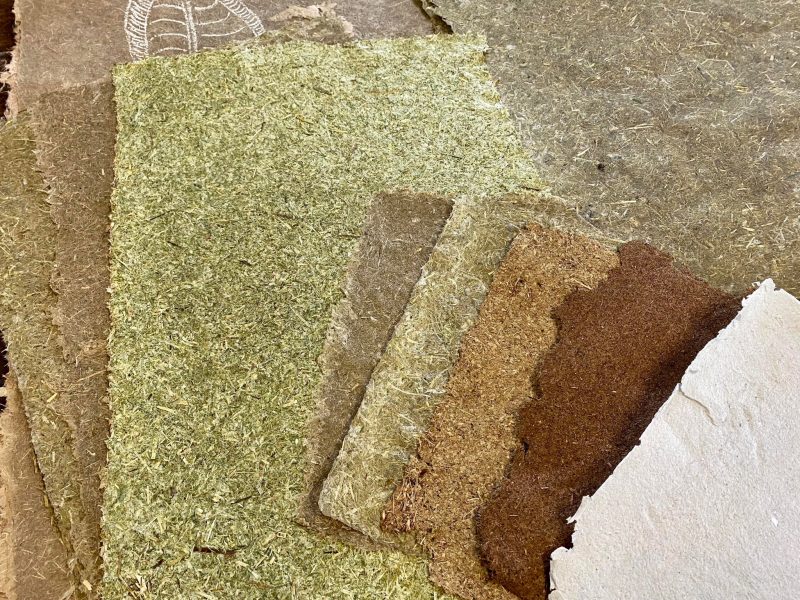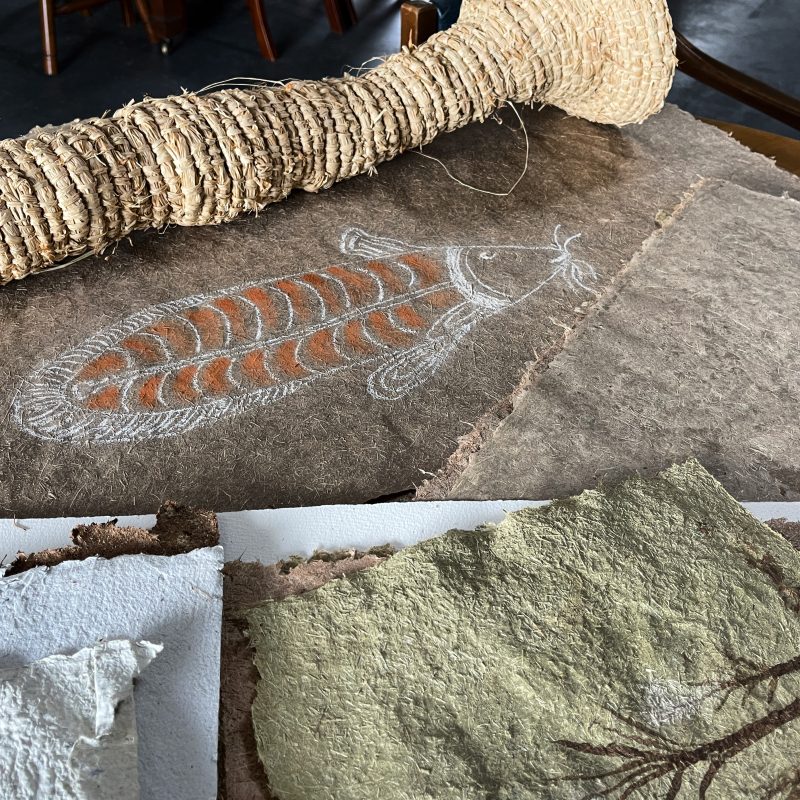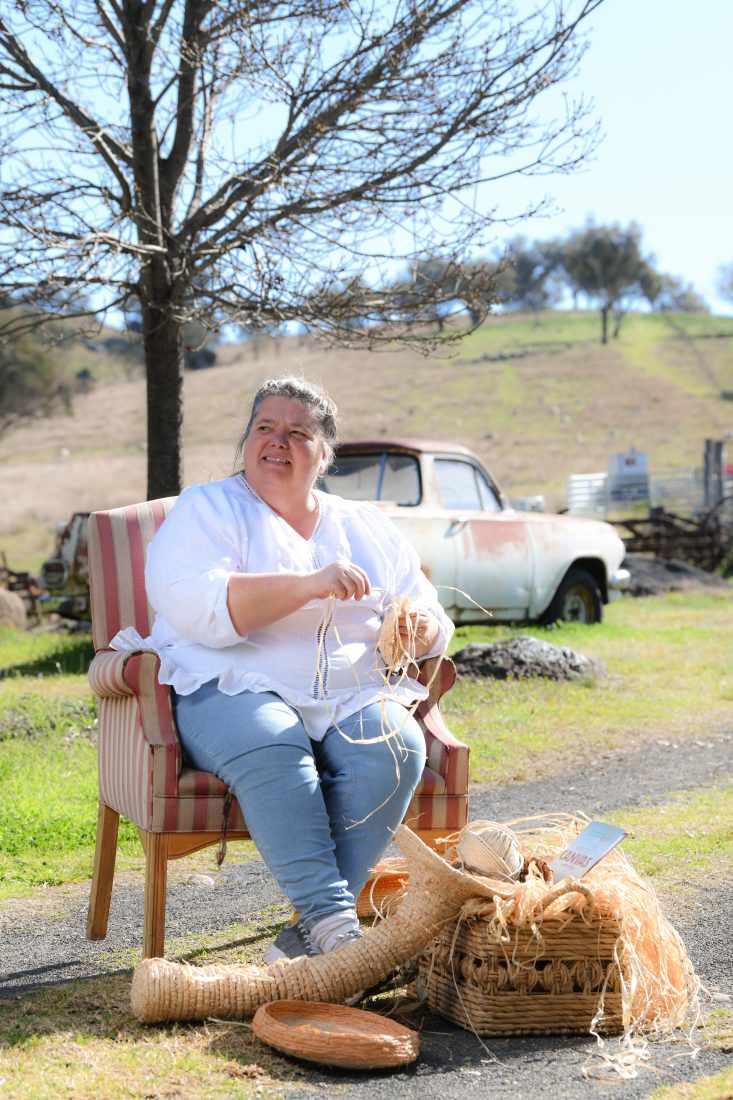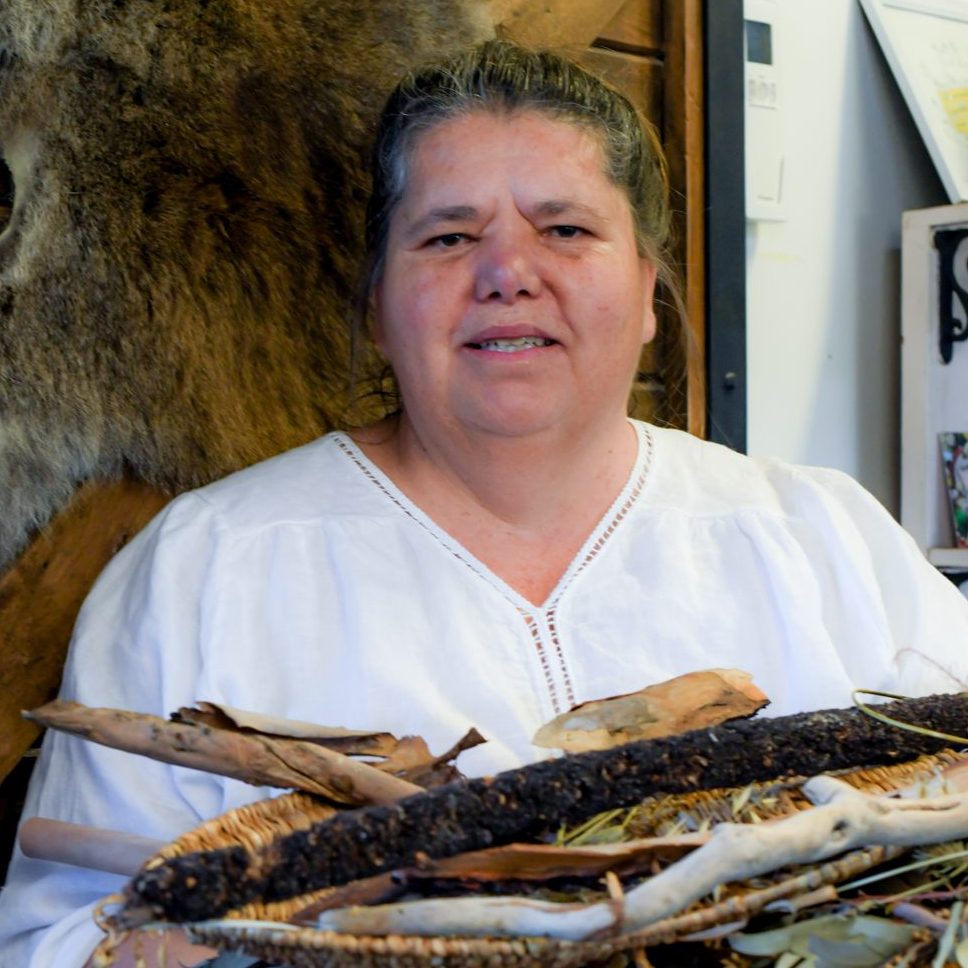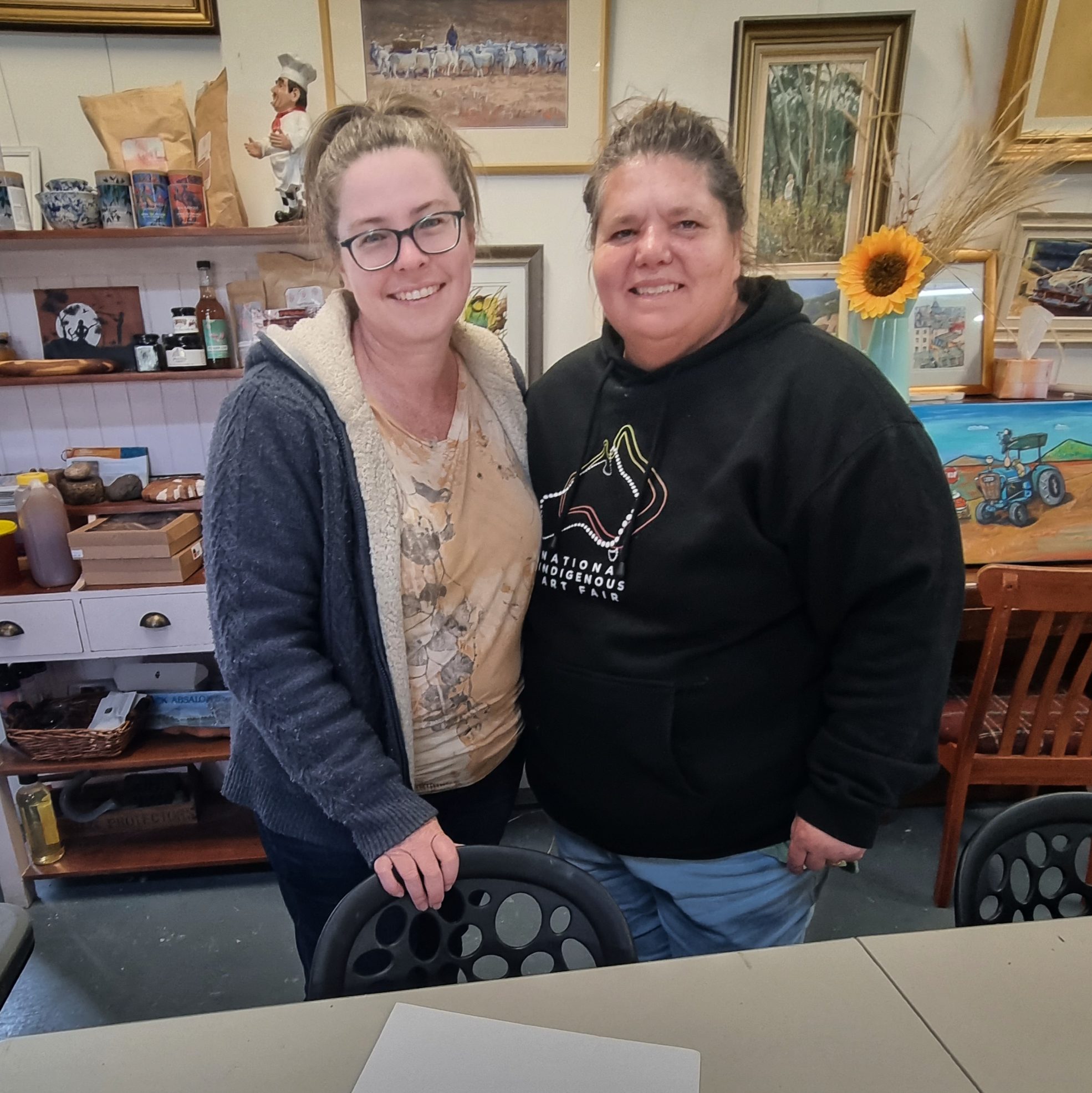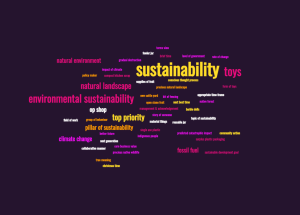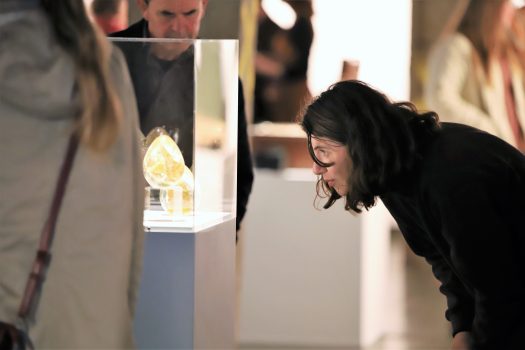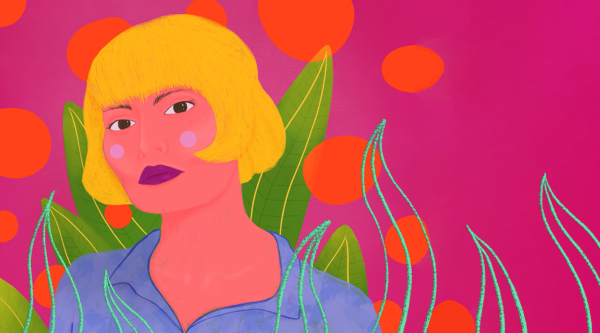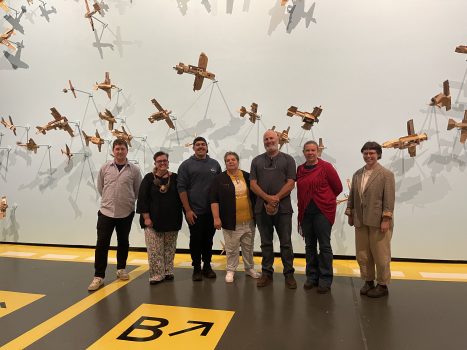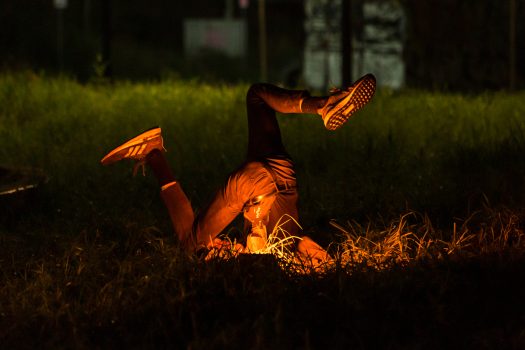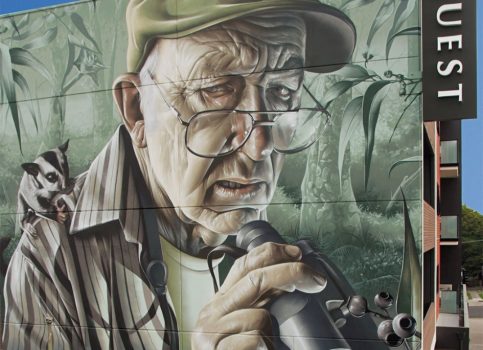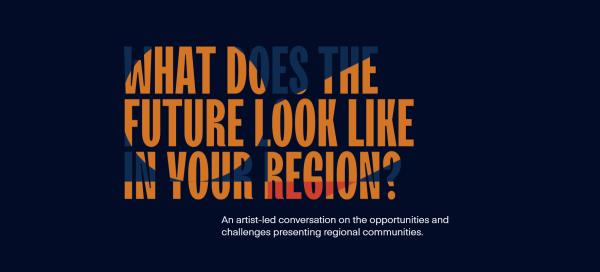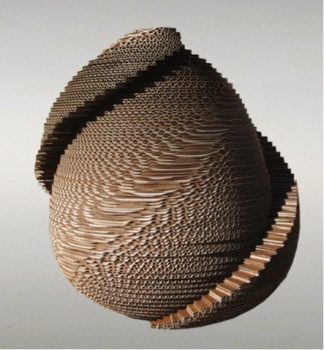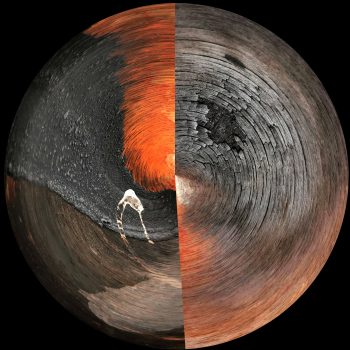Tell us about the evolution of your concept through this creative development process.
I have been collaborating with Joanne Stead on this project. Our original question was about the contestability of sustainability and whether we would see different responses from community and business leaders as opposed to general community and environmental groups. We have done some naïve analysis of the differences between the responses received and the key differences we are seeing include elected leaders’ broader thinking around the sustainability of people, economy and environment with a tendency to be human-centric in their responses, as compared to an environment/planet focus from members of environment groups. Members of environment groups have also been much more likely to refer to climate change, global warming, carbon emissions and other major environmental themes in their responses.
We have connected with farmers, who responded with their ideas about taking a regenerative approach rather than focusing on sustainability. The farmers who were engaged in the project recognised industrial farming methods as creating damage to our environment and the need to develop regenerative farming practices to repair the damages of the past.
While, our original question was about the differences we might find, Joanne has spent some time doing some research around having successful climate conversations with people who might be starting with a different viewpoint. While the differences are interesting and important in understanding where people are coming from, drawing out mutual values and goals and representing these in the artworks may be more beneficial.
